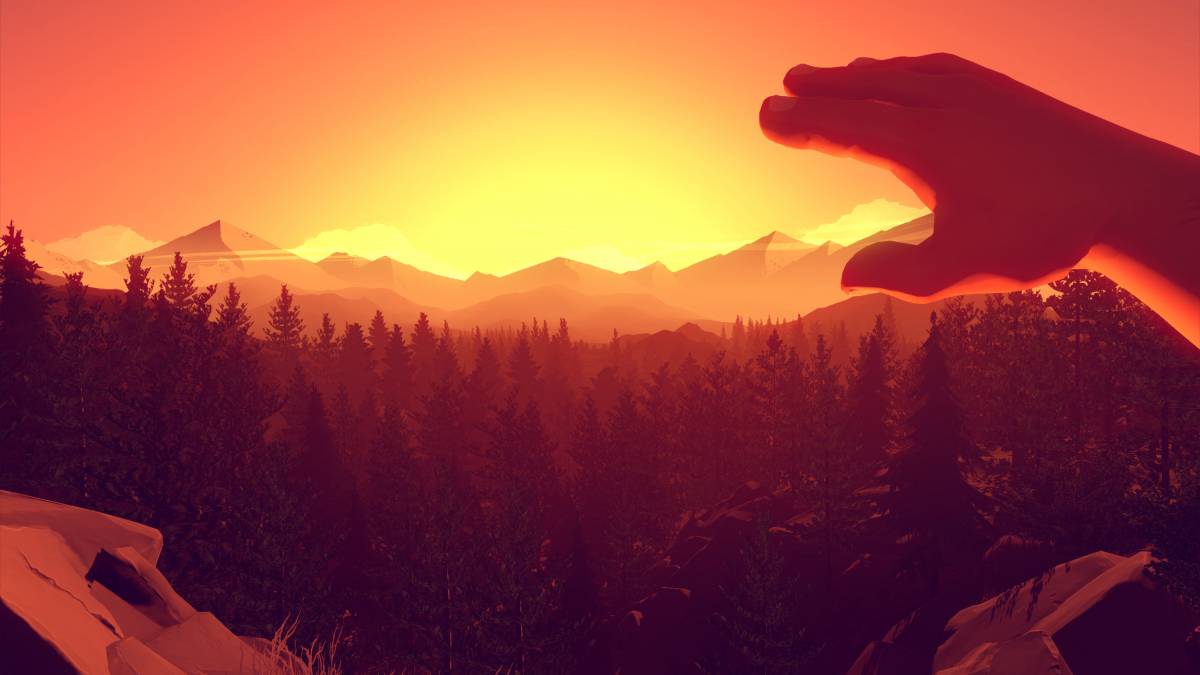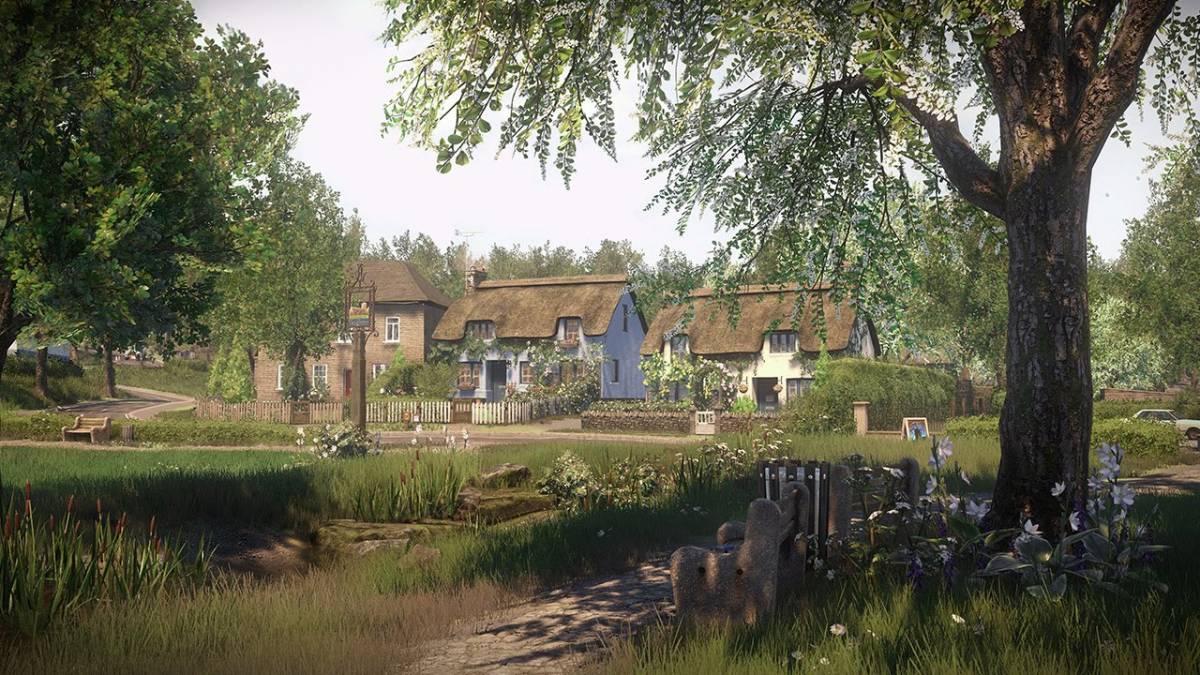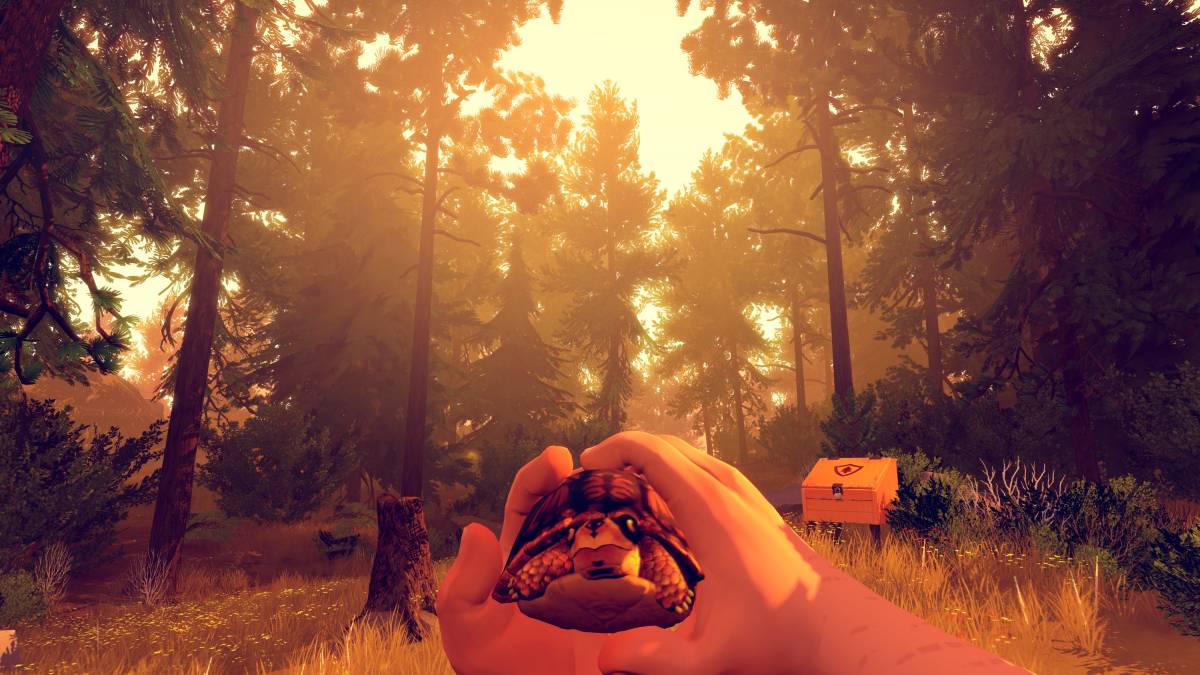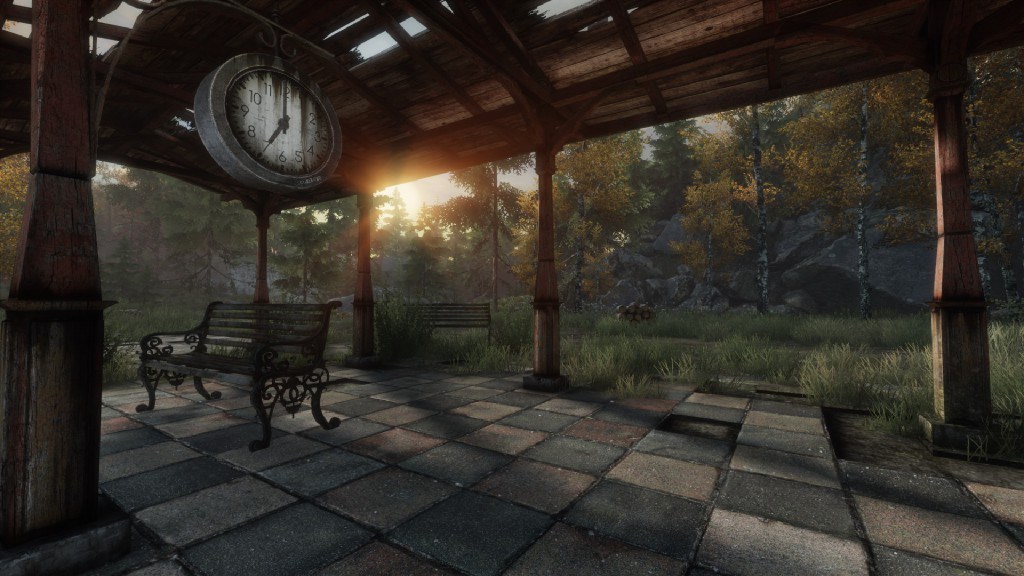I’ve just finished up playing Blackwood Crossing, the latest entry in the “walking simulator” genre and while I’m not going to give a detailed review on the experience, it got me thinking about the walking simulator and its place in the video game market.
The term ‘walking simulator’ isn’t even the officially designated name for this type of game. It’s just some derogatory label which has been applied because games like Blackwood Crossing are considered inferior experiences when compared to the major blockbusters such as Call of Duty or Assassin’s Creed. Games like Blackwood Crossing, Everybody’s Gone to the Rapture and Firewatch, cater for niche audiences simply for being slow-paced, narrative heavy experiences, grounded, except for the dreamlike surrealism of Blackwood Crossing, in realistic settings.
That’s not to suggest that people looking for a video game which puts them in a fantastical and bombastic scenario should be looked down upon. Rather, it’s to acknowledge that as products designed for entertainment, the key appeal is the escapism they provide, putting people in scenarios and settings they will never face in real life. If someone rocked up to you and said, ‘hey, want to come up to space and kill marines,’ you’d say, ‘sure.’ Well, you may have some pertinent questions first, but you get the picture. After all, what other form of entertainment immerses you so vividly into the fiction it creates?

The walking simulator differs in this regard. My first foray into this type of game was Everybody’s Gone to the Rapture. You start in the fictional village of Yaughton, set in the English countryside and for me, it was an instantly recognisable setting, thanks in part to how well realised the design of Yaughton was. As someone who grew up around places like the setting of Everybody’s Gone to the Rapture, my interest was piqued by the lack of context provided and that you are left to your own devices to establish what had happened.
I’m not suggesting Everybody’s Gone to the Rapture is a realistic game. It’s about people vanishing due to the arrival of a celestial being. But it was the familiarity of the setting that drew me in. It was more relatable than a game where you go to space, or relive your ancestor’s memories, or explore post-apocalyptic wastelands and medieval kingdoms. It was relatable as I’ve walked through villages such as these when their streets were empty, and no sign of life was evident. There was a reference point I could identify with and get behind, which incentivised me to complete the journey I started, and discover more about this familiar yet unreal place.
There is a shift in how these types of games deliver their narrative. It is essentially up to you to find out as much or as little as you desire, with visual storytelling and contextual items to pick up and pour over. Gone Home is one title that does this extremely well, placing you in the shoes of a young girl who has returned home from travelling to find the house empty. You wander its long hallways and explore its rooms which looked lived in right up until the moment you put the key in the front door and stepped inside.

Much like Everybody’s Gone to the Rapture, Gone Home is relatable by drawing on a feeling familiar to all children, teens and even young adults who return home to find their family gone without explanation. It’s the type of scenario that sets young minds wondering, creating outcomes of the worst possible kind. Using these base fears as the foundation upon which to build a story, the walking simulator literally takes you on journeys of discovery where you are the only thing stopping yourself from understanding the whole picture.
Then you have a game like Firewatch, which places you in the shoes of Henry, a man so damaged by the recent events in his life that he takes to the isolation of a national park to watch for, well, fires. His only companion is the voice of his supervisor, Delilah, though a handheld radio. The story racks up a sense of intrigue and mystery through wonderful dialogue and visual clues dotted about the places you explore. Some felt let down by its underwhelming ending but that is what real life is like, you begin down a path that you think is exciting and will reveal all, only to be left underwhelmed, disappointed and back where you began.
Its ending is downbeat at first but when you ponder on it, you start contemplating the next stage of Henry’s journey, what he will do next. It’s endings like these that are so common in the genre that start you asking big questions about the game, its characters and narrative. The type of questions that lead you to think about your own life-choices, and that’s when they start to become more than interactive-experiences for the sake of it, and become art.
I list these examples as games of the genre done right. That there is a place in the world for these types of games and the experiences they offer. A small niche that needn’t be so. These are games that look on the mundanity of real-life settings and scenarios and make them something provocative, stories that stay with you well after they’re finished.

We often look to video games to make us feel powerful and godlike, by putting us in the shoes of characters that can mow down enemies with endless rounds of bullets, drive fast through busy streets with expert precision, but we rarely think of video games as a medium for contemplative and reflective experiences.
That’s not necessarily a reflection on individual intelligence and is more to do with how the medium of video gaming is presented and the games that take centre stage at trade shows and press conferences. But maybe we should go out of our way to give the walking simulator a go, and if you don’t enjoy that type of game, so what? At least you will have supported a part of the industry that caters to those who do.
Or maybe you will go on shooting demons in the face with shotguns, and you know what, that’s alright too.
Some of the coverage you find on Cultured Vultures contains affiliate links, which provide us with small commissions based on purchases made from visiting our site.

